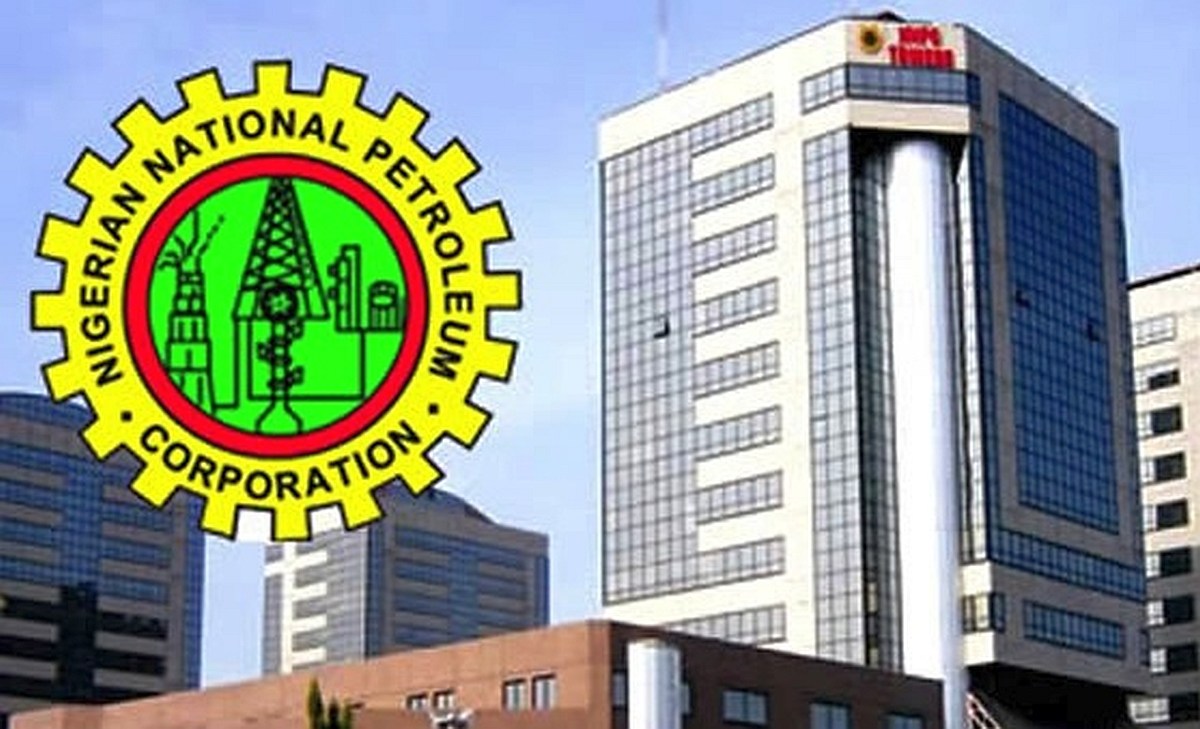Nigerian National Petroleum Corporation, NNPC has accused Gencos of rejecting gas supply. Group Managing Director of the NNPC, Mr. Maikanti Baru, lamented that despite efforts at growing domestic gas supply over the last few months, to boost electricity, power generating companies are rejecting gas due to the inability of the Transmission Company of Nigeria, TCN, to wheel-out the power generated.
According to him, during the period, domestic gas supply had increased from an average of 700 million standard cubic feet per day (mmscfd) in July 2016 to an average of 1.22 billion scfd currently, with about seven of the volume supplied to thermal power plants.
He said the increase in gas supply was as a result of the completion of the repairs of the vandalised 20-inch Escravos Lagos Pipeline System A (ELPS –A) in August 2016 which ramped up Chevron Escravos Gas plant supply from nil to 259 MMscfd and the completion of repairs of the vandalised Chevron offshore gas pipeline in February 2017 which equally peaked the company’s gas supply to 430MMscfd.
“Other accomplishments under this category are: the completion of repair works on the vandalised 48” Forcados Oil Terminal (FOT) export gas pipeline in June 2017, which had reactivated shut down gas plants, including Oredo Gas Plant, Sapele Gas Plant, Ovade Gas Plant, Oben and Nigerian Gas Company, NGC, Gas Compressors; and the commissioning of NPDC’s Utorogu NAG 2 and Oredo EPF 2 gas plants,” he said.
Baru said that the NNPC saved $2 billion over the last one year from discounts secured from the renegotiation of upstream contracts executed by its various service providers. The NNPC boss also stated that its recently introduced Direct Supply Direct Purchase, DSDP scheme had saved the country about N40 billion in 2017.
Baru disclosed that the NNPC had lowered operating costs of production from $27 per barrel to $22 per barrel, adding that for the upstream, cost reduction and efficiency are key features that it had paid attention to.
He also said the NNPC is bent on attaining a six-month contracting cycle, while he urged the staff to identify focal points for efficiency in each of the Corporation’s Autonomous Business Units, ABUs, and Corporate Services Units, CSUs, to ensure the realization of the key performance indicators enshrined in the 2017 budget.
Speaking further on the on the achievements of NNPC in the past one year, the NNPC helmsman said there had been a significant increase in crude oil reserves and production, stressing that during the period, the national average daily production was 1.83 million barrels of oil and condensate while currently, the year-to-date 2017 average production hovers around 1.88 million barrels.
He said with the improvement in security and resumption of production operation on the Forcados Oil Terminal (FOT) and Qua Iboe Terminal (QIT) pipelines, the average national production was expected to increase and surpass 2017 target of 2.2 million barrels of oil and condensate per day.
Baru added that in October last year, the Owowo Field, located close to the producing ExxonMobil-operated Usan Field was found, adding that the Field’s location could allow for early production through a tie-back to the Usan Floating Production Storage and Offloading (FPSO).
The Field, he noted, had added a current estimated reserves of one billion barrels to the national crude oil reserves.
He noted that the NNPC had grown the production of the Nigerian Petroleum Development Company, NPDC, NNPC’s flagship Upstream Company, from 15,000 barrels of oil per day (bopd) to the current peak-operated volume of 210,000 bopd in June 2017.
He stated that the ownership of Oil Mining Licence, OML13 had been restored to NPDC following a presidential intervention, with first oil from the well expected before the end of the year.
Furthermore, Baru disclosed that in the last one year, NNPC had improved capacity utilisation of the refineries with the projection that they would attain 50 per cent supply of non-gasoline white products, including Diesel and Kerosene that are commonly consumed in the country.
He stated that after more than seven years of dormancy, the Asphalt Blowing Unit of the Kaduna Refining and Petrochemical Company, KRPC, was resuscitated to meet road construction needs in the Country.
He declared that efforts were ongoing to secure third party financing to revamp the refineries to their full operational capacities.

